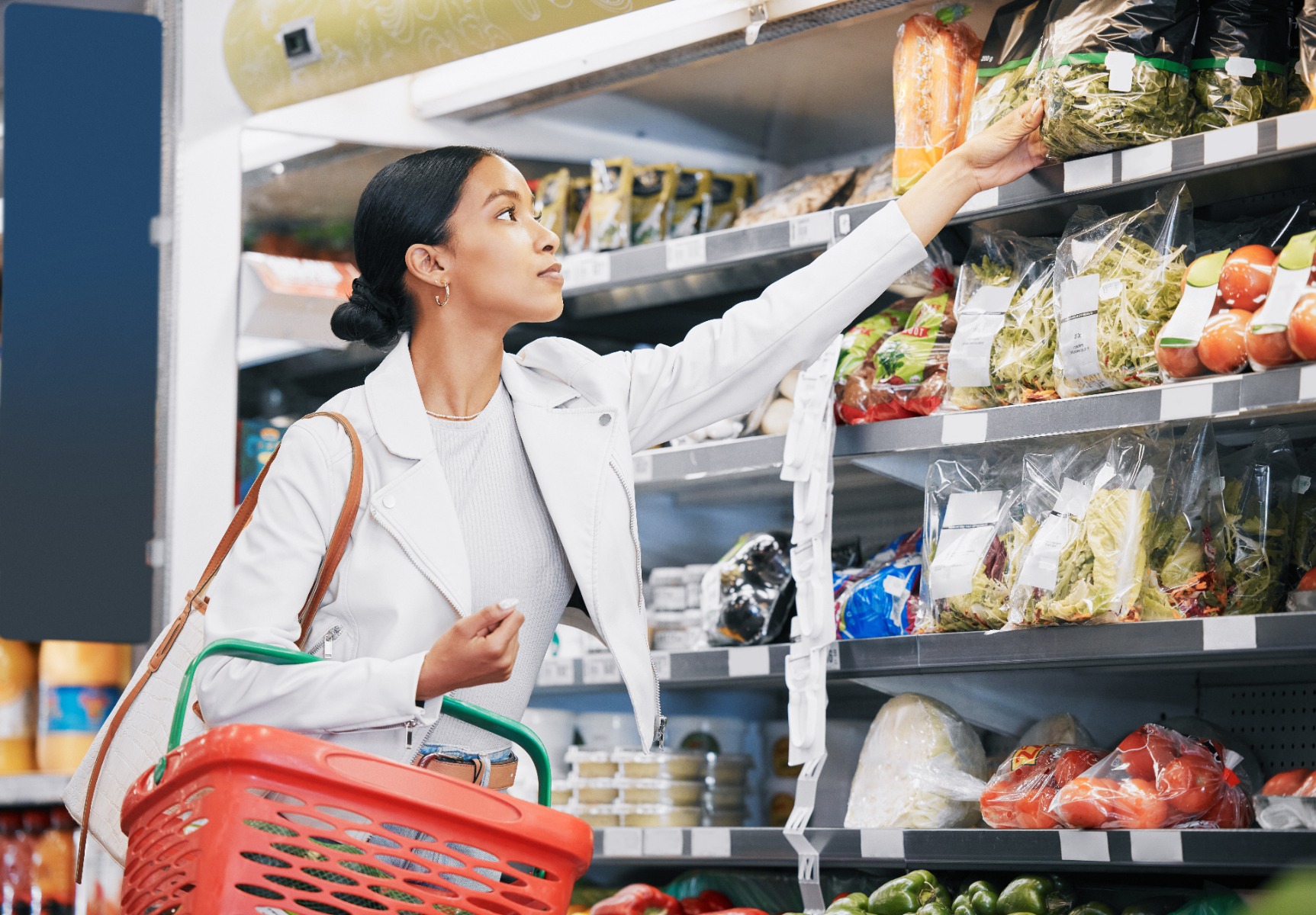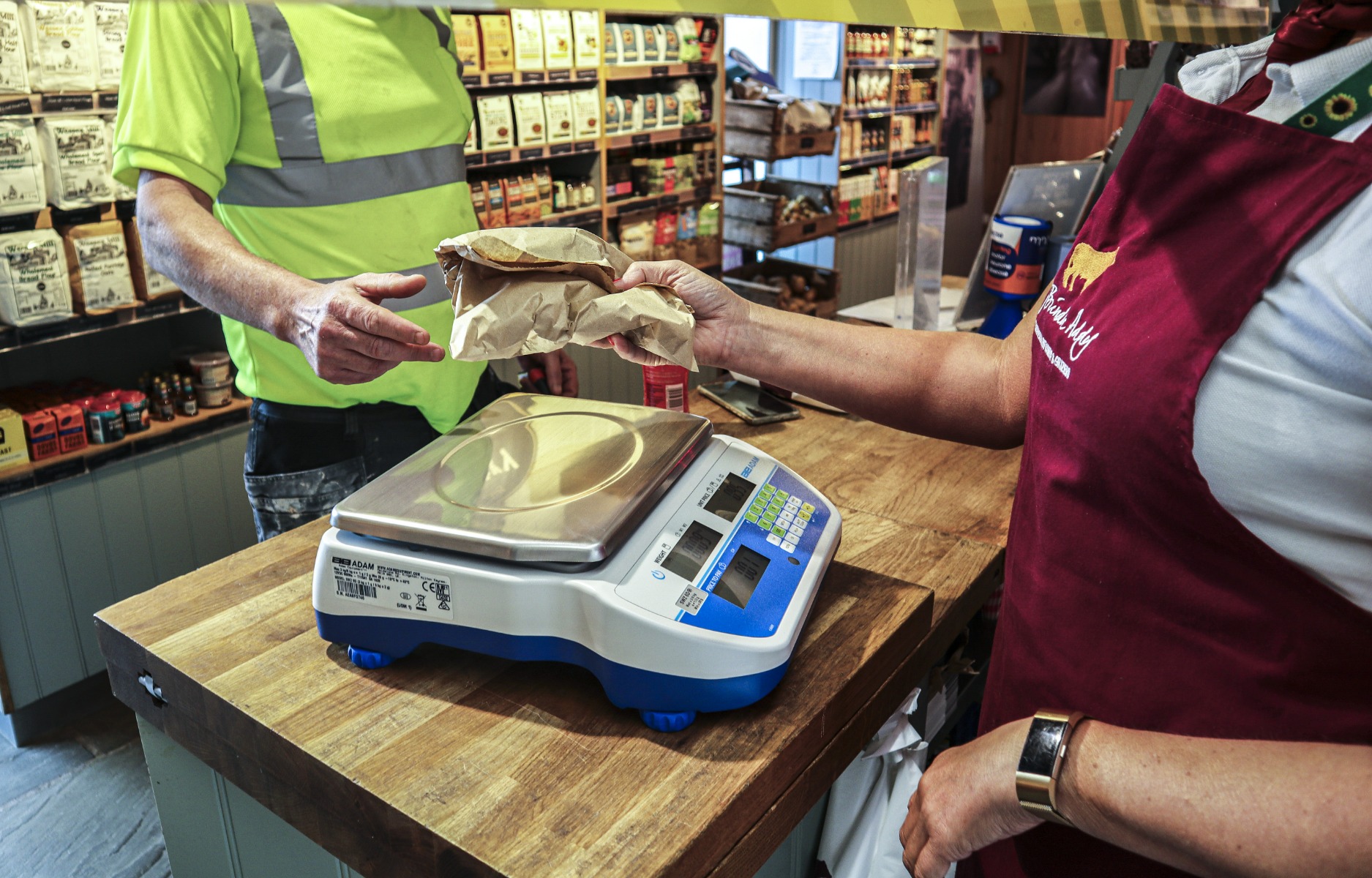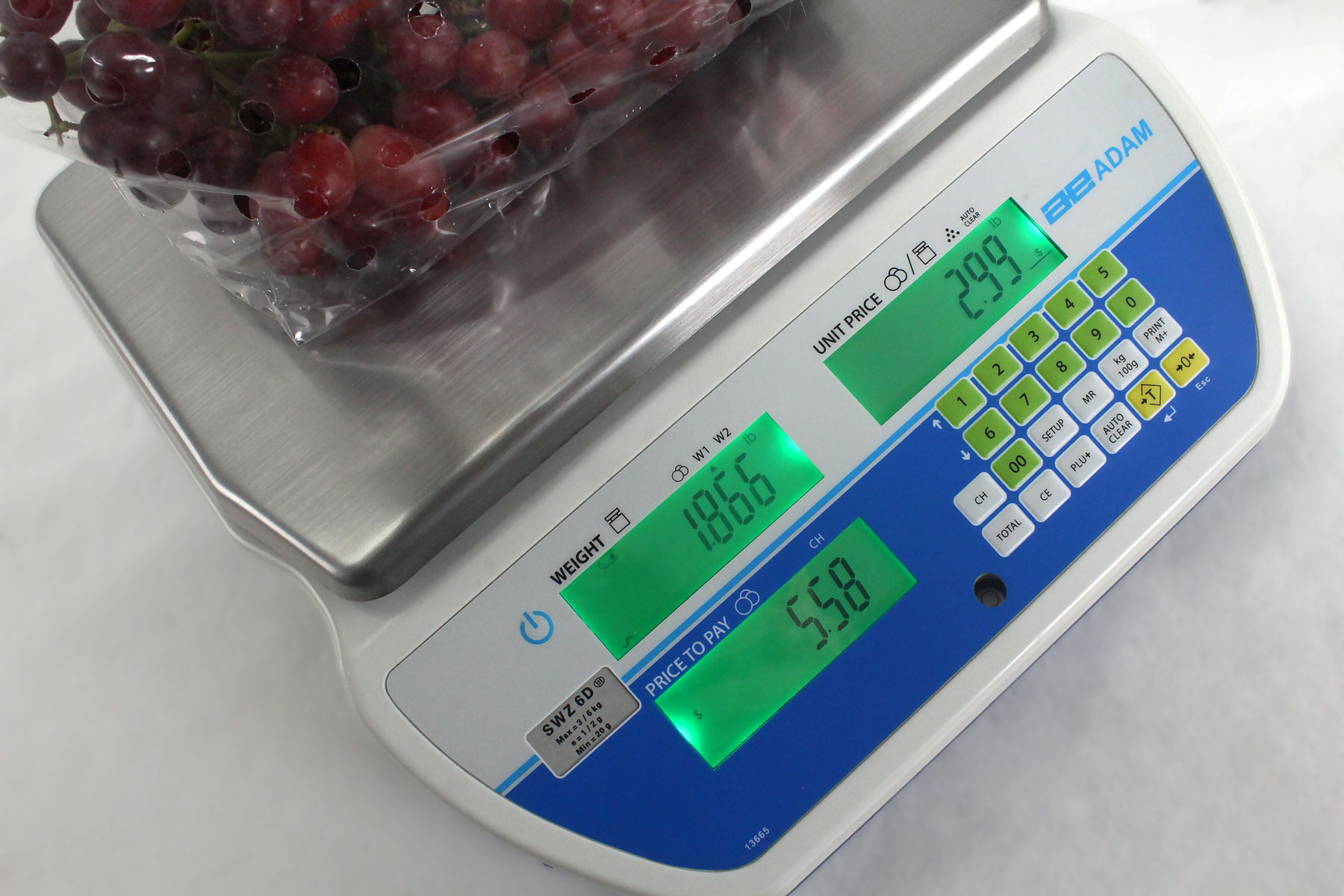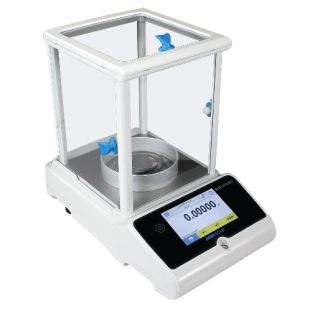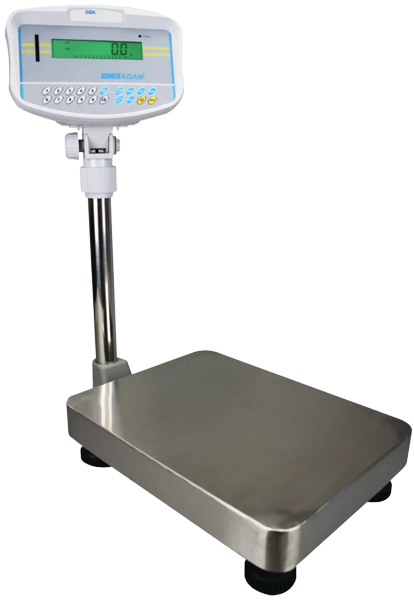Retail
Our Blog

Finding the Right Commercial Scale
Retail scales, also called commercial scales, price computing scales or point of sale scales (POS), are common tools used in commercial settings.

How Scales Can Promote Sustainability
In an era of disposability and planned obsolescence, sustainability continues to take on increasing importance. As more companies implement reuse and refill programs, scales have a prominent role to play in helping conserve resources.

PLUs and Memory Functions for Scales and Balances
Sometimes, scales and balances can list a certain number of “PLUs” or mention storing and recalling products. But what do PLUs mean exactly? How can you take advantage of PLUs for your applications? Do you even need PLUs? What scales use PLU? Are PLUs limited to a specific type of scale? In this blog post, we’ll take a look at memory functions available on weighing devices.
Frequently Asked Questions
Retail scales – or price computing scales – are a type of weighing scale with the ability to calculate the price of an item while weighing it. They generally use price per pound but can often also weigh in kilograms, depending on the user preference. When setting a price by weight, scales must be trade-approved (also referred to as legal-for-trade), meaning that they’ve been approved by the appropriate regulatory authority for that use.
Retail scales are unique in that they feature three screens – for price per pound, total price and weight (typically in pounds and ounces).
It’s required by law to use a trade-certified weighing scale when setting a price by weight.
Most scales labelled as 'retail scales' will be legal-for-trade, but it’s always best to check first. If you’re unsure of whether your scales are approved, look at the website or order details for further information. Note that they may also be referred to as trade certified, approved, trade stamped or simply as stamped. You can also check the scale's data plate (usually located on the bottom or back of the scale) to see if your scale is approved.
Trade-approved retail scales are required for any business or industry that sells a product by weight. This can include:
- Food and drink items
- Bottled goods
- Meats & fish
- Soaps
- Fuels
- Packaged goods that specify weight

